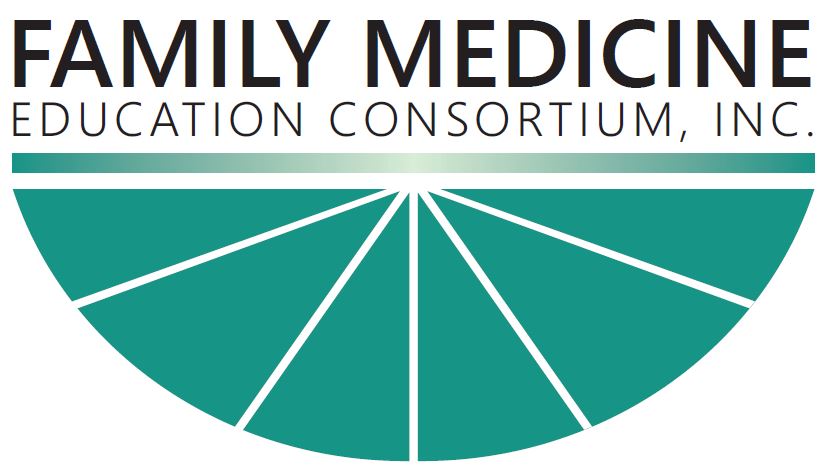|

FMEC Whole Person Care & Integrative Health Initiatives
The National Academies of Science and Medicine have called for a bold transformation of primary care—one that embraces a “whole person,” relationship-based model and addresses the social, spiritual, emotional, and behavioral drivers of health. In response, the FMEC has launched a series of collaborative projects to explore and implement Whole Person Care using tools like the HOPE Note (Healing Oriented Practices and Environments), which have been successfully tested in practices across the country.
These initiatives reflect our commitment to advancing person-centered care in real-world settings.
You can learn more about our ongoing efforts below, and we welcome inquiries from those interested in joining future projects focused on Whole Person Care and Integrative Health.
Project Overviews
2024–2025: Whole Person Care Performance Improvement Learning Collaborative
- Goal: Educate and support physicians in implementing whole person care models, using tools like the Personal Health Inventory (PHI) and HOPE Note, and evaluate best practices for integration into routine clinic visits.
- Activities: Clinics piloted whole person care, evaluated implementation, and shared learnings for process improvement. Participants could earn AAFP CME and PI credits.
- Over 50 participants took part in structured education, peer exchange, and hands-on implementation of the Personal Health Inventory (PHI) and HOPE (Healing Oriented Practices & Environments) Note. These tools center patient values, goals, and holistic well-being in clinical encounters.
- HOPE Note visits were piloted across all clinics, with each program exploring implementation strategies that addressed time constraints during patient visits. Twenty-five percent of participating sites found value in distributing discussions across multiple appointments, while seventy-five percent adopted in-room PHI completion to improve efficiency. Some sites employed a hybrid approach, combining these and other strategies to best support their patients’ needs.
- Outcomes:
- 100% of sites successfully implemented WPC tools, despite initial unfamiliarity.
- EMR Integration: All sites incorporated PHI into electronic medical records; one-third added HOPE Note templates.
- Expanded Resources: Each clinic created a Practice Resource folder and strengthened partnerships with integrative health providers.
- Positive Impact: All programs reported improvements in physician practice; over 60% saw enhanced delivery of integrative care.
- Participant feedback emphasized the tools’ ease of use and meaningful impact on patient relationships, especially among Veterans and underserved populations. Clinics also identified opportunities for improvement, including simplified language, translation support, and culturally sensitive phrasing.
- All participating sites expressed intent to sustain and expand Whole Person Care practices—affirming a shared commitment to patient-centered, integrative primary care.
- Resources: You can learn more in our press release, Collaborative Project Advances Whole Person Care in Primary Care Settings. We also invite you to explore and utilize the resources thoughtfully curated by our participants, designed to make Whole Person Care more accessible and actionable.
2023–2024: Integrative Health Learning and Teaching Network
- Goal: Identify and address the needs of family medicine faculty and residents for integrative health training and resources.
- Activities: Faculty surveys, presentations, and networking events focused on faculty development, access to integrative health tools, and opportunities for integration of Whole Person Care into family residency program curriculum and clinics.
- Outcomes: Of survey respondents, 95% of faculty valued integrative health training for residents; 70% reported unmet demand for integrative health resources. The network fostered sharing of best practices and highlighted successful group visit implementations.
- Resources: View educational webinars on Integrative Health and Lifestyle Medicine.
2020–2022: Integrative Health Learning Community (IHLC)
- Goal: Improve delivery of person-centered integrative health practices in primary care, focusing on non-pharmacological and self-care approaches for chronic disease prevention and management.
- Activities: 17 clinics participated in a year-long collaborative, learning to implement the HOPE Toolkit and evidence-based integrative medicine practices. Sites shared results, improved care processes, and reported enhanced patient and clinician experiences.
- Outcomes: Case studies showed improved care, increased patient satisfaction, and plans to integrate strategies into residency training. A white paper documented reduced costs and better outcomes through integrative care.
- Resources: See the FMEC’s news release for more information, and access the full case study reports as well as an overview on the website of Dr. Wayne Jonas. Learning Community Tools and Educational Resources – Video recordings of presentations from the collaborative are posted in this folder.
For questions or further details, please contact Rebecca Bouck, FMEC educational projects consultant, at [email protected]
|

